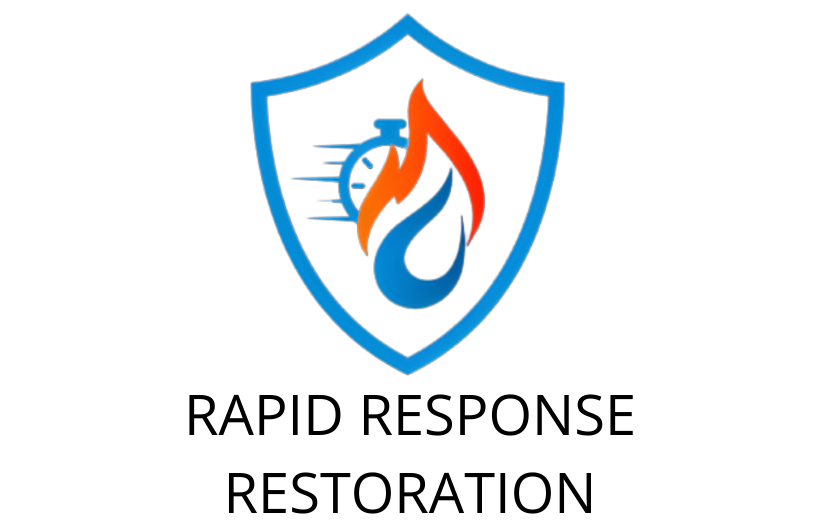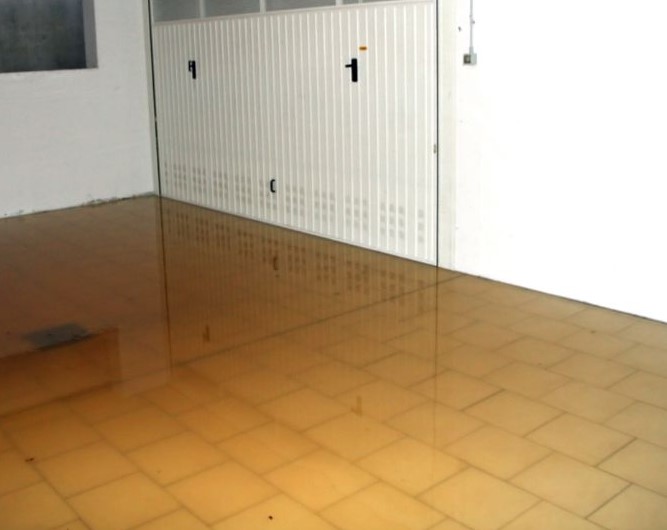What to Do Immediately After Your Basement Floods: A Complete Guide
A flooded basement is every homeowner’s nightmare. Whether caused by heavy rainfall, a burst pipe, or a sump pump failure, standing water can lead to structural damage, mold growth, and electrical hazards if not addressed promptly. Knowing what to do when your basement floods can save you thousands in repairs and protect your family’s health.
In this guide, we’ll cover:
Immediate steps to take after basement flooding
DIY cleanup vs. professional flood damage restoration
How to prevent future flooding
When to call emergency water removal experts
If you’re dealing with severe flooding, Rapid Response Restoration offers 24/7 basement flood cleanup to minimize damage and restore your home safely.
Common Causes of Basement Flooding
Understanding why basements flood helps prevent future incidents:
Heavy Rainfall & Poor Drainage
Clogged gutters or improper grading can direct water toward your foundation.
Solution: Install French drains or extend downspouts away from the house.
Sump Pump Failure
Power outages or mechanical issues can cause backups.
Solution: Test your sump pump regularly and install a battery backup.
Burst or Leaking Pipes
Old plumbing, frozen pipes, or high water pressure can lead to ruptures.
Solution: Insulate pipes and monitor water pressure.
Sewer Backup
Heavy storms can overwhelm municipal sewer systems.
Solution: Install a backwater valve.
Foundation Cracks
Water seeps through cracks in walls or floors.
Solution: Seal cracks and consider basement waterproofing.
Immediate Steps to Take After Basement Flooding
Ensure Safety First
Turn off electricity – Avoid electrocution by shutting off power at the breaker.
Wear protective gear – Use rubber boots, gloves, and masks if sewage is present.
Evacuate if necessary – If water is rising rapidly, leave and call for help.
Stop the Water Source
Shut off the main water valve if a burst pipe is the cause.
Place sandbags near entry points if flooding is from outside.
Document the Damage
Take photos/videos for insurance claims.
Keep receipts for any emergency repairs.
Remove Water ASAP
For small floods, use a wet/dry vacuum or pumps.
For severe flooding, call emergency basement water removal professionals like Rapid Response Restoration.
Prevent Mold Growth
Remove soaked items (carpets, furniture, boxes).
Use fans and dehumidifiers to dry the area.
DIY Basement Flood Cleanup Tips
If the flooding is minor (less than 2 inches of clean water), you can attempt cleanup:
Extract Standing Water
Use a utility pump, wet vacuum, or buckets.
Avoid using household vacuums (they’re not waterproof).
Disinfect Affected Areas
Scrub walls and floors with bleach solution (1 cup bleach per gallon of water).
For sewage contamination, call professionals immediately—DIY cleaning is unsafe.
Dry Out the Basement
Place industrial fans and dehumidifiers for 48+ hours.
Check for hidden moisture behind walls with a moisture meter.
Salvage What You Can
Discard porous materials like carpet padding and cardboard.
Wash and disinfect salvageable items.
Warning: If you smell mold or see discoloration, stop and call a basement flood damage restoration company.
When to Call Professional Flood Restoration Experts
DIY cleanup isn’t enough if:
WE just wanted to let you know that if you smell mold or see discoloration, please ater is contaminated (sewage, chemicals).
Flooding exceeds 2 inches (risk of structural damage).
Mold is already growing (musty odor, black spots).
Electrical systems were submerged.
Rapid Response Restoration provides:
24/7 emergency water extraction
Advanced drying equipment
Mold remediation & structural repairs
Insurance claim assistance
How to Prevent Future Basement Flooding
Improve Drainage
Clean gutters regularly.
Grade the soil away from the foundation.
Install a Sump Pump with Backup
Test it before the rainy season.
Consider a battery or water-powered backup.
Waterproof Your Basement
Apply sealant to walls/floors.
Install a French drain system.
Check Plumbing Regularly
Inspect pipes for leaks.
Insulate pipes in winter.
Install a Backwater Valve
Prevents sewer backups during heavy rain.
Does Homeowners Insurance Cover Basement Flooding?
Standard policies usually don’t cover flood damage (from external water).
Sewer backup coverage may be available as an add-on.
Water damage from burst pipes is typically covered.
📌 Document damage thoroughly and contact your insurer ASAP.
Final Thoughts
A flooded basement requires quick action to prevent long-term damage. While minor flooding can sometimes be managed DIY, severe or contaminated flooding needs professional basement flood damage restoration.
Need emergency help? Rapid Response Restoration offers fast, certified flood cleanup—call us 24/7 to protect your home!



Leave A Comment